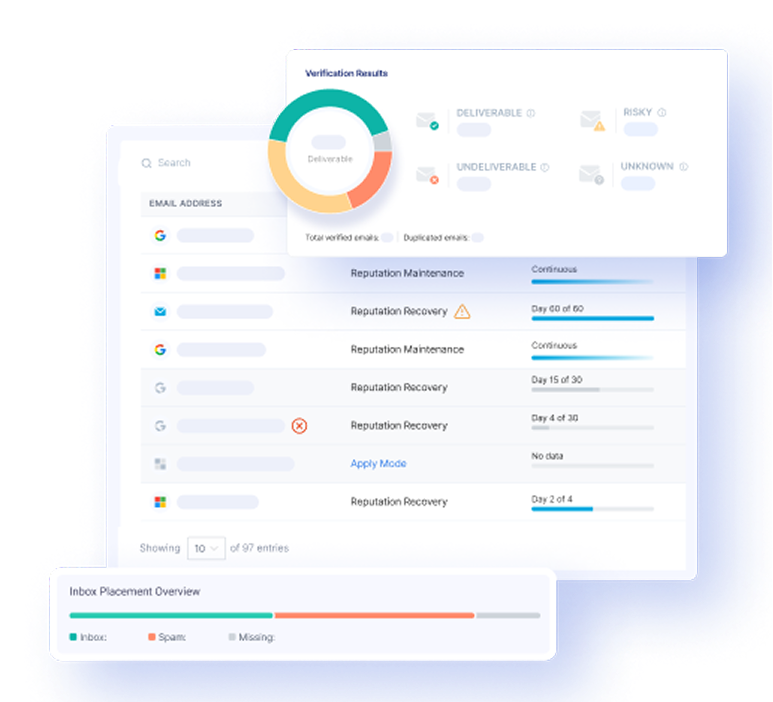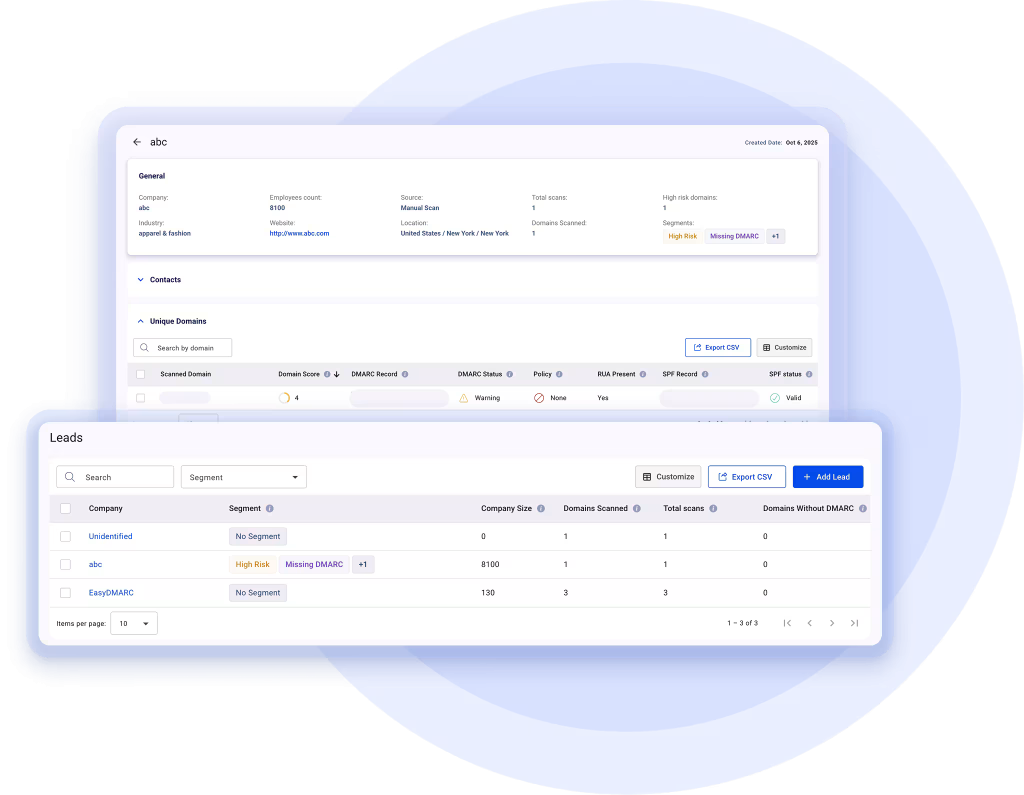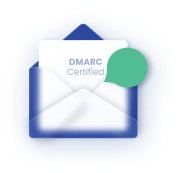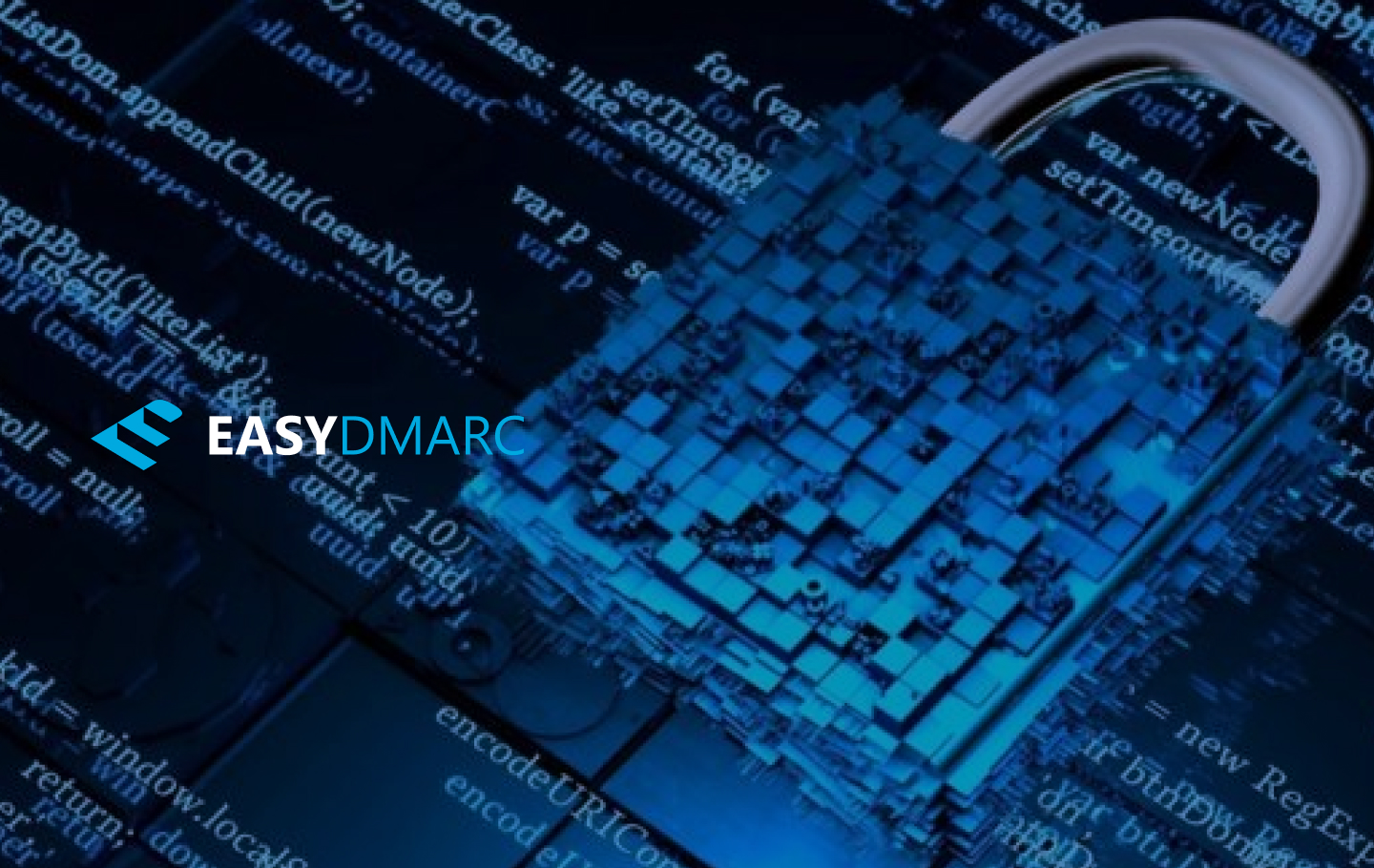Data Loss Prevention is a series of practices designed to protect sensitive corporate data from any theft, loss, misuse, or unauthorized access. DLP plans help mitigate data leakage in case of attacks while ensuring critical information is classified correctly and protected against any risk.
Most companies don’t appreciate the importance of data loss prevention. It takes one attack to realize how crucial specific data is for business operations. Malicious actors are always hunting for vulnerable companies to attack using several methods such as ransomware, phishing, malware, and more. The devastating impact of these events can put you out of business in a worst-case scenario.
But what is data loss prevention and why is it important in the corporate landscape?i Read on to find out.
What Information Can be Lost?
To understand why data loss prevention is important, we need to assess the information you can lose in any given attack. The most common data hubs targeted by hackers include:
- Customer data: One of the most valuable assets of your company, customer data include names, emails, credentials, payment methods, and more. Hackers desire such data since it’s easy to sell on the dark web.
- Corporate data: The importance of data loss prevention is clear here as corporate data includes sensitive information about commercial partners, everyday operations, finances, and more.
- Intellectual property: Without DLP strategies in place, your intellectual property is at risk, where a data breach can make or break your company. Hackers can expose all your trade secrets to your competitors and the world.
Avoiding Financial Loss and Resulting Lawsuits
A critical reason why data loss prevention is important is accountability. In the event of a data breach, your business partners and clients will want to know what happened, why, and how they’re affected. You may also face an investigation by governmental authorities that want to know how attackers accessed your data. If LThe legal consequences of a data breach can be severe.
In the U.S., various sector-specific federal laws govern data protection, such as the Gramm-Leach-Bliley Act (GLBA), targeting the insurance industry and financial institutions. No comprehensive data privacy law currently exists at the federal level despite the introduction of many bills over the years.
Still, all 50 states, D.C., Guam, and the Virgin Islands have enacted security breach notification laws. These state laws require businesses and government organizations (in most cases) to notify individuals of security breaches involving personally identifiable data.
Keeping Your Company and Employees Productive
One of the best ways to prevent data loss is with a solid DLP strategy. Not only does it help prevent cyberattacks, but such strategies also keep your company productive. A data breach, leak, or loss can disrupt business operations.
In the wake of such an incident, time, productivity, and revenue are lost until all systems are reinstated. That’s why data loss prevention is important.
When it comes to DLP importance and best approaches, getting your employees involved increases your security plan’s success rate. Keep them informed on network, device, internet, and email security best practices.
Staying on the Good Side of Government Agencies
In the United States, the Federal Trade Commission (FTC) is broadly empowered to enforce data protection and privacy regulations at the federal level. Other federal authorities include industry-specific regulatory bodies such as:
- The Consumer Financial Protection Bureau
- The Department of Health and Human Services
- The Office of the Comptroller of the Currency
- The Federal Communications Commission
- The Department of Commerce
- The Securities and Exchange Commission
Moreover, each state has its own data protection laws. In determining why data loss prevention is important for your company, consider the applicable regulations, legislation, and associated penalties for non-compliance.
To stay on the right side of the law, your DLP plan must encompass the various aspects of data storage, protection, and use within a corporate framework.
The components of a data loss solution aren’t a magic bullet or a “one-size-fits-all” strategy. Research the multitude of tools to help secure your data, such as email security protocols (DMARC, DKIM, and SPF), cloud solutions, data backups, and more.
Adhering to Compliance Standards and Regulations
The FTC is tasked with protecting customers against deceptive practices online. As such, you want to adhere to their guidelines. The FTC also enforces federal privacy and every regulation about data protection available where you operate. If your business fails to comply with your state’s rules, they can take action against you in the form of audits, fines, and even federal cases. As you can guess, no business can withstand such bad publicity.
Maintaining Great Relationships with Your Clients
Another reason why data loss prevention is important comes down to your clients. A solid reputation with your customers is tied to the quality of services or products you provide and the security they get from your business. Your customers and partners trust you with sensitive data such as emails, payment information, financial records, etc.
A good DLP plan prepares your enterprise to mitigate and address any data concerns quickly and effectively— without clients and partners worrying about it. Your company’s dedication to protecting customer and third-party data ultimately bolsters your reputation. Credibility, trustworthiness, and reliability also boosts awareness and can give you an even greater competitive edge.
Final Thoughts
Now that you know more on data loss prevention and why it’s important, your company can stay on top of it. All businesses are data-driven these days. Yours shouldn’t be an exception. Safeguarding company, customer, and partner data is a necessity.The best way to do so is with a solid Data Prevention Loss strategy.
Make sure your employees understand the importance of data loss prevention. Train them on the latest cyberattacks, data protection best practices, and data loss prevention policies. . Implement a comprehensive DLP strategy for your company. This will reassure your customers and partners you have their best interests in mind while strengthening your business.





